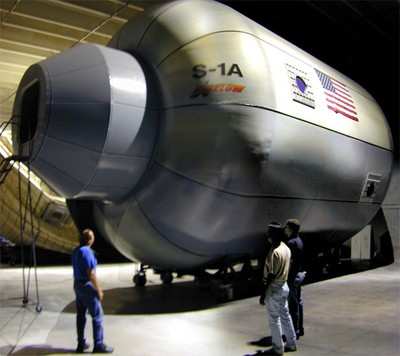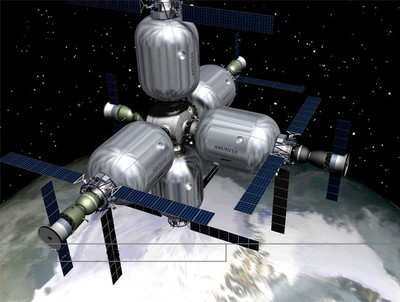Fri, Jun 29, 2007
Advertisement
More News
 NTSB Prelim: Piper PA-23
NTSB Prelim: Piper PA-23
Pilot Also Reported That Due To A Fuel Leak, The Auxiliary Fuel Tanks Were Not Used On June 4, 2025, at 13:41 eastern daylight time, a Piper PA-23, N2109P, was substantially damage>[...]
 Classic Aero-TV: One Mans Vietnam
Classic Aero-TV: One Mans Vietnam
From 2023 (YouTube Edition): Reflections on War’s Collective Lessons and Cyclical Nature The exigencies of war ought be colorblind. Inane social-constructs the likes of racis>[...]
 NTSB Final Report: Capella Aircraft Corp FW1C50
NTSB Final Report: Capella Aircraft Corp FW1C50
Pilot Reported That He Was Unfamiliar With The Single Seat Amateur-Built Airplane And His Intent Was To Perform High-Speed Taxi Testing Analysis: The pilot reported that he was unf>[...]
 Classic Aero-TV: Timber Tiger Touts Curtiss Jenny Replicas
Classic Aero-TV: Timber Tiger Touts Curtiss Jenny Replicas
From 2023 (YouTube Edition): First Kits to Ship October 2023 Having formerly resurrected the storied shape of the Ryan ST—in effigy, anyway—Montrose, Colorado-based Tim>[...]
 ANN's Daily Aero-Term (07.04.25): Performance-Based Navigation (PBN) [ICAO]
ANN's Daily Aero-Term (07.04.25): Performance-Based Navigation (PBN) [ICAO]
Performance-Based Navigation (PBN) [ICAO] Area navigation based on performance requirements for aircraft operating along an ATS route, on an instrument approach procedure or in a d>[...]
blog comments powered by Disqus






